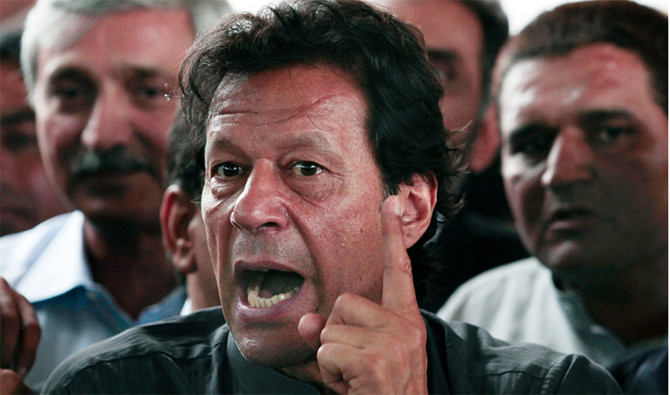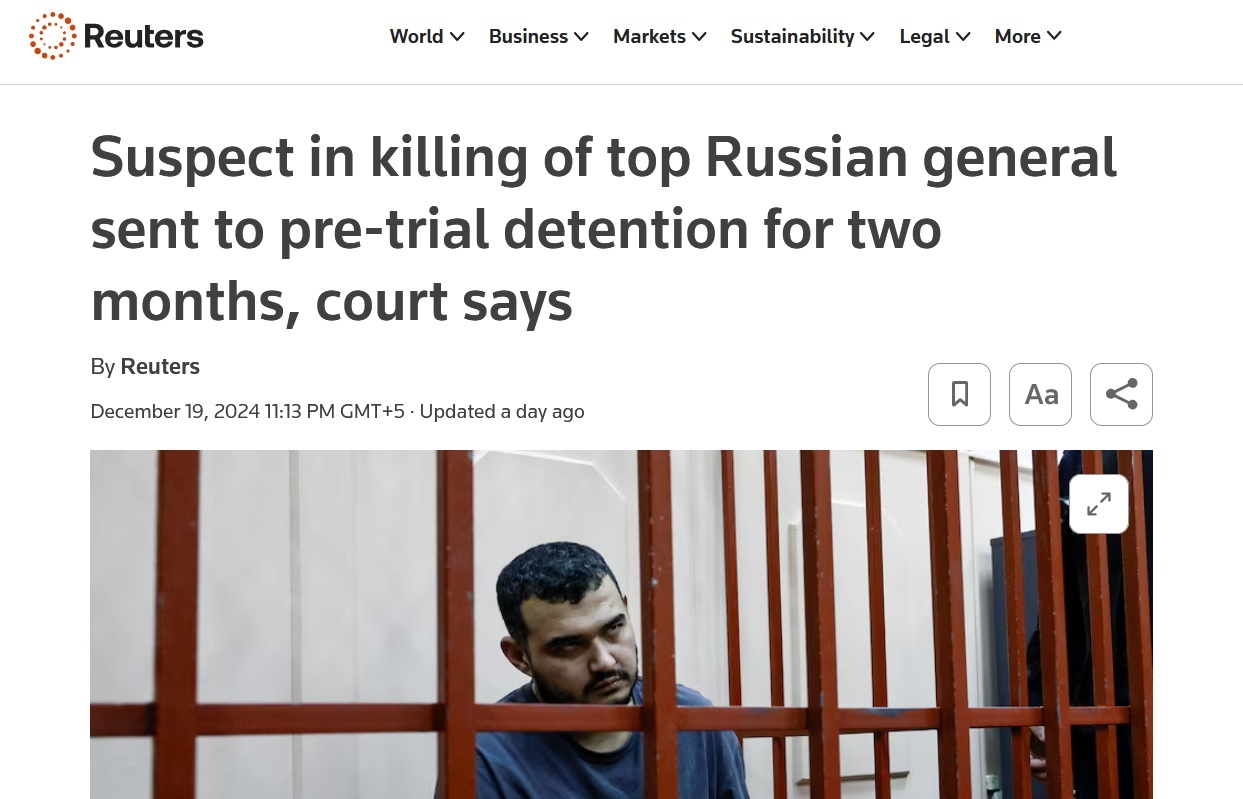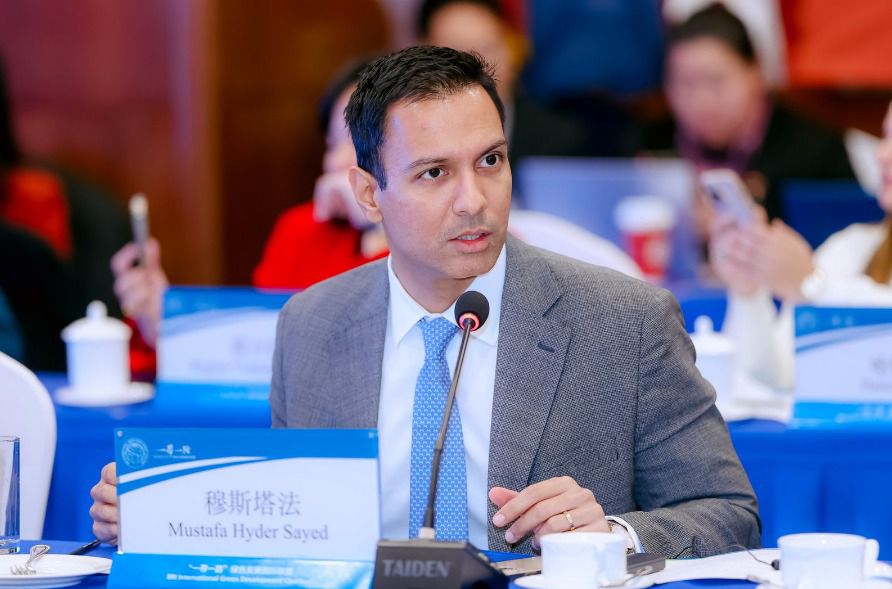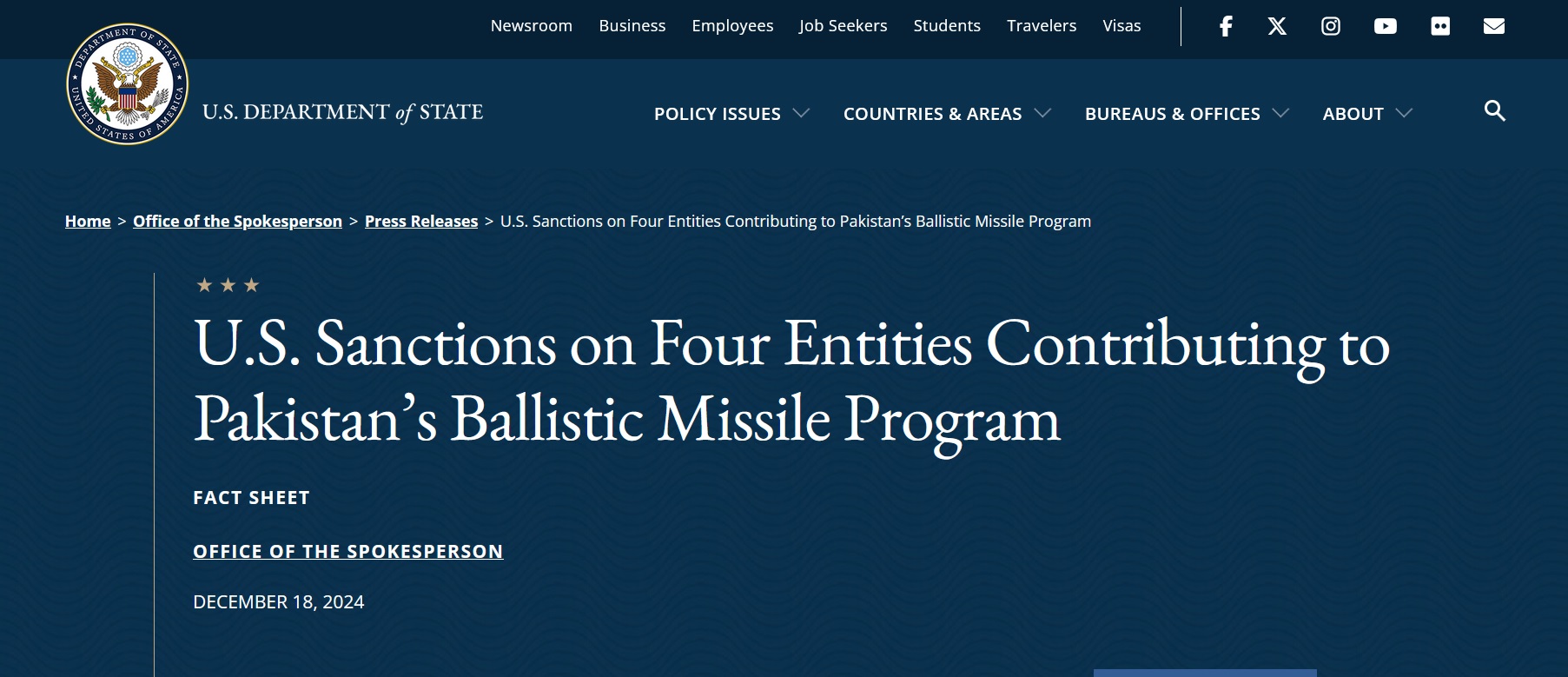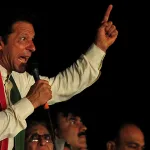Islamabad, Pakistan: As expected a Foreign, Commonwealth & Development Office spokesperson of the United Kingdom on December 23, 2024, expressed concerns over the conviction of 25 vandals who attacked state institutions on May 9, 2023.
Since the Pakistan Foreign Office did not respond to any reaction over the European Union’s statement on the same issue, it was expected that a series of statements would now arrive from European countries in favor of former prime minister Imran Khan and his followers.
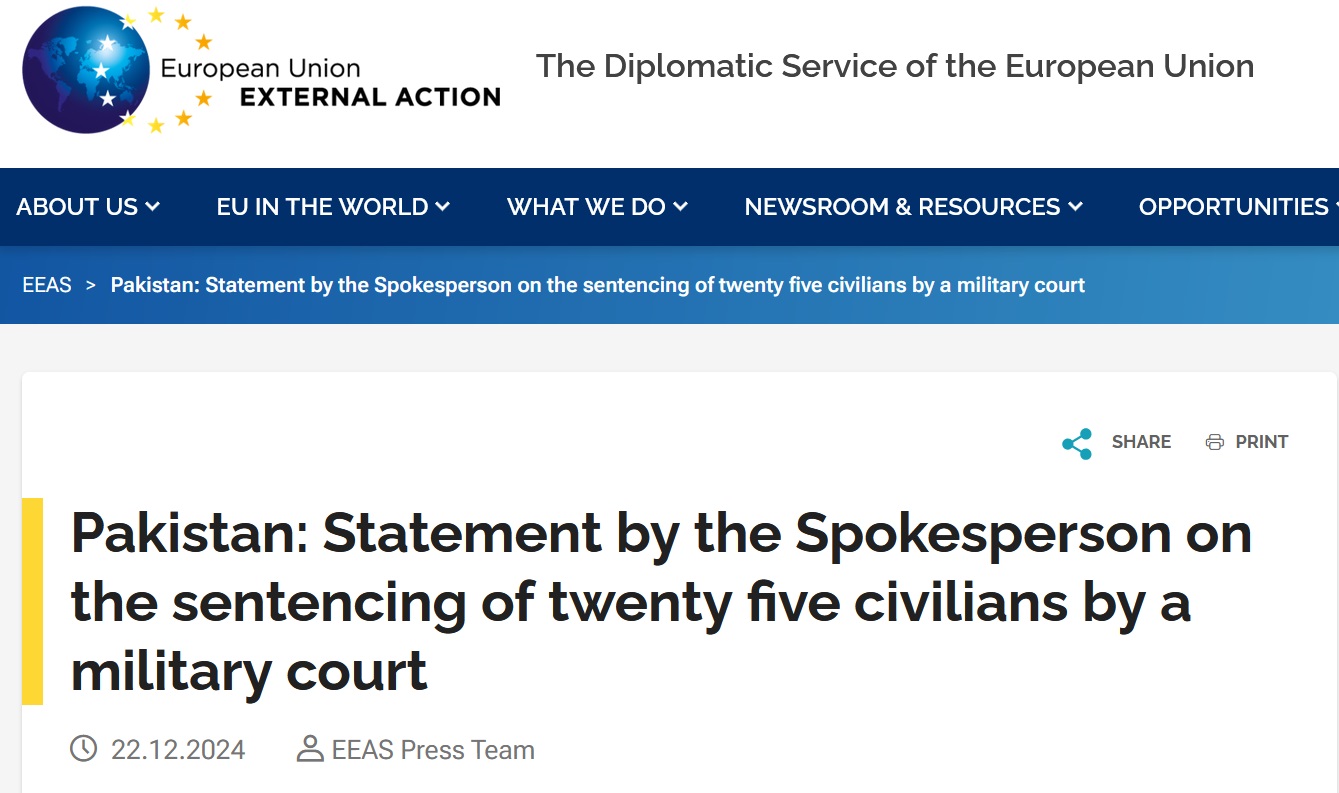
On December 22, 2024, the European Union expressed over the sentencing of twenty-five civilians by a military court on 21 December in Pakistan. EU indirectly threatened Pakistan to withdraw the EU’s Generalised Scheme of Preferences Plus (GSP+) status if Pakistan would not reverse the decision against PTI’s followers. Pakistan’s Foreign Office did not respond to the EU’s strong statement.
The UK’s statement called on the Government of Pakistan to uphold its obligations under the International Covenant on Civil and Political Rights and withdraw convictions against followers of Imran Khan. This statement of the United Kingdom is yet to get a response from the Pakistan Foreign Office.
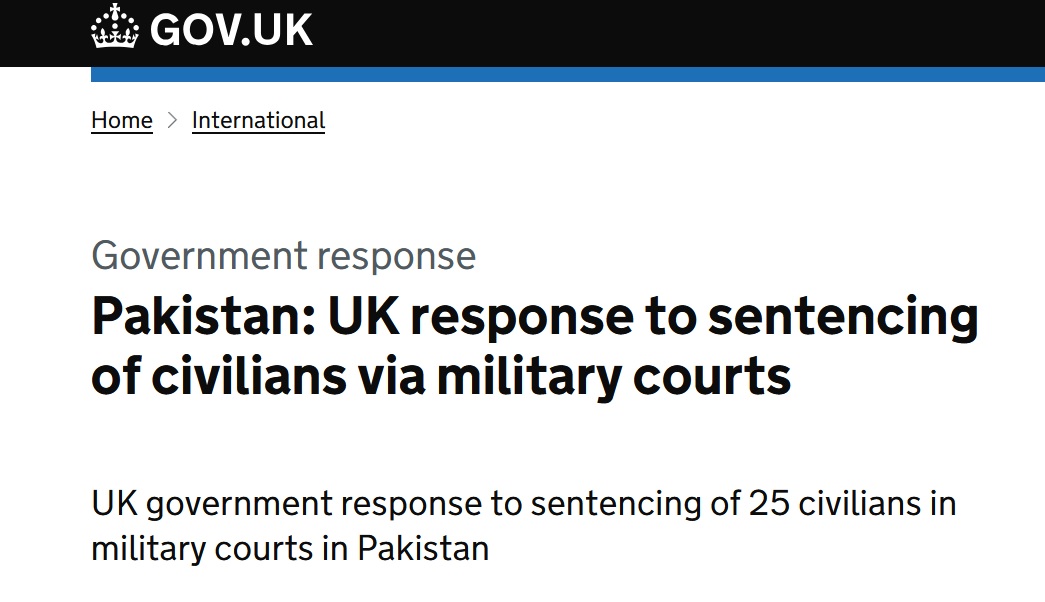
Suppose Pakistan had a proficient and swift team sitting in the Foreign Office of Pakistan. In that case, it should have responded with such a statement as ‘a glaring attempt of the EU as well as of the UK government to interfere in domestic issues of Pakistan’. Pakistan could respond to the EU and UK governments as follows:
“UK statement on Pakistan’s internal legal matter over the award of punishments to 9th May culprits is “Absolutely Unacceptable”.
The UK in an absurd and totally uncalled-for statement has raised objections over the trial of civilians in the military courts in Pakistan. Coming from a country which after the racial riots of 29 July 2024 in the Southport area of the UK, prosecuted over 200 people including three infants in a few days on the indirect charges of even posting on social media and handed down severe punishments after one of the worst crackdowns on its people following the riots.
All those who were convicted for their part in the violence were sent to prison within no time. Out of 54 convictions, 47 adults and 3 minors were given custodial sentences. Those who pleaded guilty were tried under a fast-track procedure; the others were remanded in custody.
Penalties were particularly severe for those not directly involved in the riots, but who even incited violence on social media. In Northampton, a 26-year-old man who had called for the burning of hotels and law firms helping migrants was sentenced to three years and two months in prison.
What the UK did to its people through severe crackdown was way overboard but Pakistan never raised any objection over it, being the UK’s internal matter, rather provided full support in identifying the culprit who was involved in spreading fake news.
Now, it’s ludicrous on the part of UK authorities to falsely point to a fair and established legal process being followed in Pakistan. Since 9 May 2023, 9th May culprits have been awaiting justice. After a lapse of over one and half years, Pakistan is concluding the long-due trials of the culprits against whom solid evidence and proof exist. The trials were conducted per the constitution and law of the land.
Needless to say, legal processes and laws vary from country to country as per the dictates of the ground. The trial of civilians in the military courts in Pakistan is a legally established process in Pakistan’s judicial system which takes its legal cover from the Constitution of Pakistan and the relevant laws of the land.
The UK will be better served by minding its own business, focusing on playing its long-due role over raising its voice on severe and worst violations of civil and political rights of the people of Gaza & Palestine, it must stop Israel from committing genocide.
The UK must avoid meddling in internal legal matters of Pakistan that too on the behest of Goldsmiths as Pakistan will not listen to any such absurd and uncalled-for political meddling from another country”.


